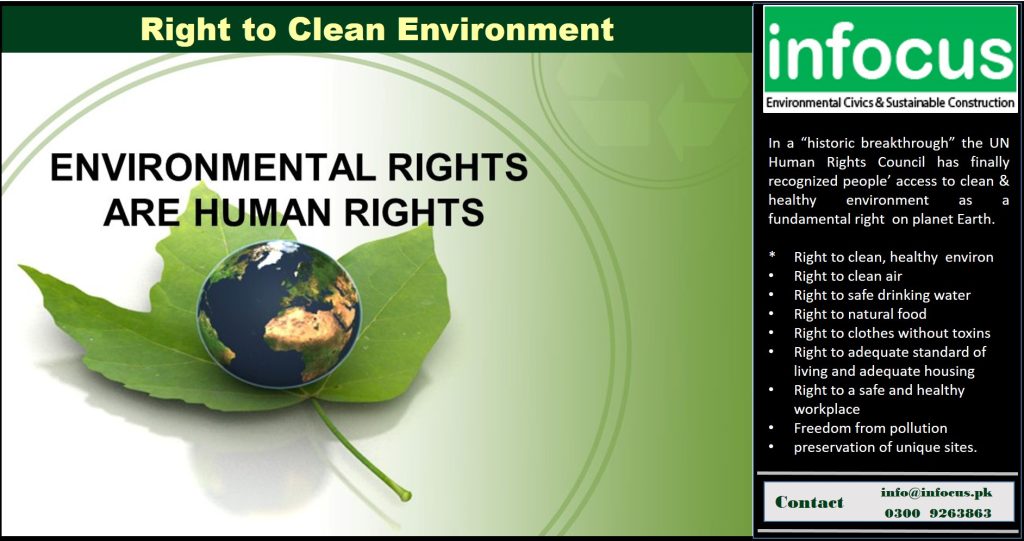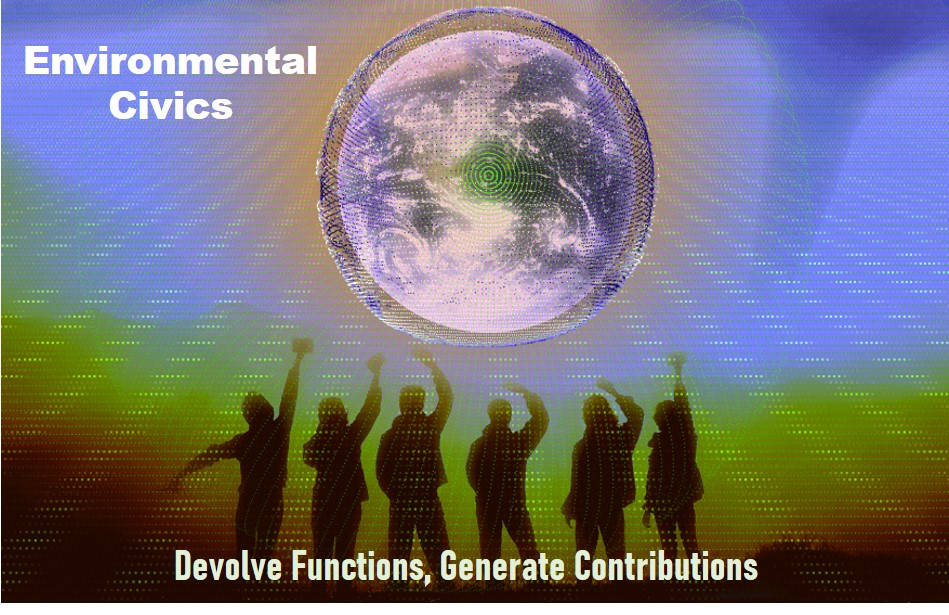The pace of climate crisis, environment deterioration and diminishing natural resources around the planet earth is much faster than predicted. The vagaries of climate change hasn’t been arrested during the last two decades despite spending billions of dollars on environment conferences and policies. Experts therefore, demand urgent measures by federal and provincial governments to build climate resilience at the grass-root level. For them it is time to think ahead of just awareness program and call for actions and demeanors at individual level to arrest climate change. And, here environmental civics surfaces as a vital segment of social responsibility towards planet earth.
Why Environmental Civics
Environmental civics can be referred as a set of significant civilities and social commitments by citizens towards environment, in corporation with civic bodies and local governments. Even in his or her personal capacity, what does a person contributes towards conservation of natural resources and protection of environment comes under the domain of environmental civics. For example measures like afforestation, recycling of waste, smog control, disuse of polythene bags, rain water harvesting, indoor and rooftop plantation are some fundamental measures to arrest climate change and can be better addressed at local, neighborhood and personal capacities.

The measures taken for climate change mitigation and adaptation cannot be just limited to making policies and Nationally Determined Contributions. Local people, especially where literacy rate is much below, remain unaware about such macro-scale reforms or developments even if they are implemented. In many cases they don’t even know what actions they are required to take to protect environment in their individual capacity. The issue of environment protection and climate change should now be looked and addressed at grass root level.
Therefore it is urgent now to devolve the powers of climate change ministry at grass-root level and allow cities and district to make and execute their own environment policies to get better and healthier public engagement.
Ahead of Environment Literacy
Environmental civics is more than environmental literacy. It is about interdisciplinary demeanors pertaining to the nature of environment and climate change informations, and how to use civic participation to inspire hope and action. The terms such as water, carbon and ecological footprints, air quality indices, and particulate matter are essential in understanding environmental issues and their root causes. Indeed, sound environmental knowledge in early age or at grass root creates awareness and prepare a more environmentally sensitive generation.
Devolution of Climate Change Functions
Environmental problems, nevertheless, are complex and would need long-term planning. And, here delegations of authorities of environment and climate change functionaries, can play a productive role. Devolution of environment and climate change functions and power to grass root level, that evolve public literacy for environs and responsibilities to act, surely contribute sizably towards their environmental surroundings care.

When local governments are empowered they engage public greater and ultimately people care their environment better and more responsibly. The more we devolve powers, the greater we empowers citizens and their civic behaviour to care for and contribute towards save planet earth’ atmosphere, resources and biodiversity.
Progressive Rural Development
In rural areas of Pakistan, environmental civics can play a distinctive role, especially in agriculture. Those involved in agricultural and livestock farming activities, often complain that there find no early warning system existed for communicating information about extreme weather events ahead of the cropping season. Moreover, no timely guidence is given to facilitate farmers on climate change adaptation strategies including provision of heat and drought-tolerant seeds and the selection of the right crop. With devolution of climate change actions these shortcomings can be better addressed.
By
Editorial, Infocus


